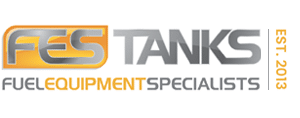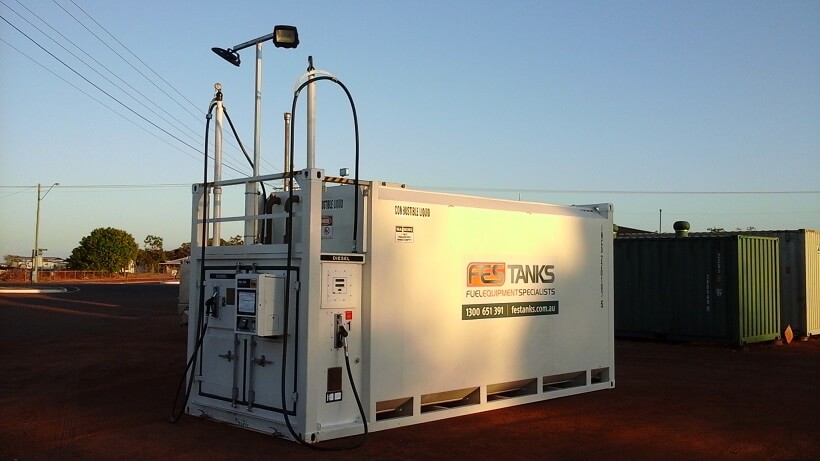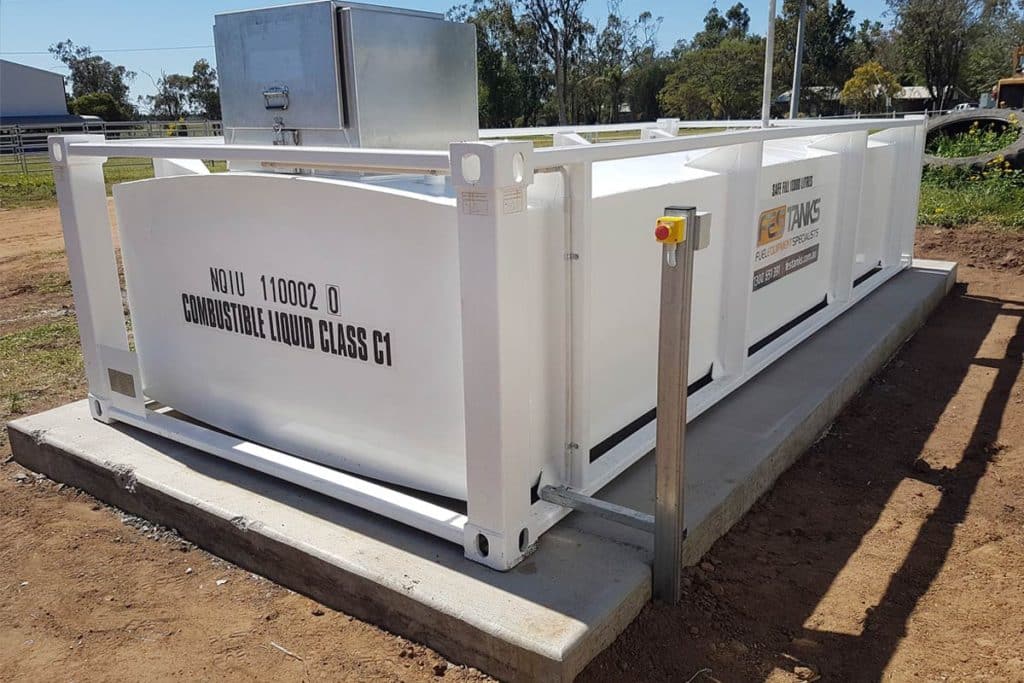Self Bunded Tanks in Papua New Guinea. The new frontier for fuel storage.
The November 2018 opening of Mobil’s new 5.6 million litre diesel storage tank at Port Moresby was flagged as a step towards improving national fuel security and meeting growing demand from industry.
Dunlop PNG’s James Green says another growing trend for regional operators is on-site fuel storage that puts the power back in the hands of business operators to buy wisely, maximise reliability and reduce transport costs.
GRANDE30 – 24 hour un-manned refuelling station
Fuel transportation challenges
For James, infrastructure and transport challenges are among the biggest contributors to fuel costs for PNG business.
Old and poorly maintained infrastructure in regional areas means fuel needs to be transported long distances along difficult roads.
“The state of the national highways means moving fuel around is difficult and expensive,” he says.
“Add to that that outside of the main coastal towns, the only access to more remote townships is via ship.
“The main Puma depot is based on Port Moresby, which is road locked, so all fuel everywhere else in PNG is shipped from Port Moresby and road freighted or transhipped to other coastal towns, meaning freight costs are extremely high.
“Some operators also ship directly from overseas to Lae, Kimbe and other townships.”
Quality control – access to clean fuel
Ageing infrastructure and transport issues have a flow-on effect for fuel quality.
“A lot of the diesel or petroleum on the market is water and particle contaminated, either from the storage tanks on the end user site, from tankers or in some cases direct from the source,” James says.
“Fuel prices are also linked to the Singapore price rather than the cost of production in PNG, which means the cost of the final product can be out of step with the local cost of living and doing business.
Taking control with on-site fuel storage tanks
For many businesses, reducing fuel costs and downtime has meant finding new fuel storage options like on-site self-bunded fuel storage tanks.
“Taking control of costs and quality is one reason many companies outside of the main towns have started looking to hold additional fuel on site, so there has been a marked increase in sale of storage tanks,” James says.
“In the past a lot of the tanks were owned by the major fuel retailers in return for locked in contracts of supply, but there has been a shift away from that system as customers are looking for the flexibility to change suppliers based on changing pricing and rebates.”
Self-bunded storage tanks in PNG: a cost-effective solution
James says F.E.S. fuel storage tanks are an increasingly popular solution because they give regional operators options to safely store fuel on-site without the need for fixed earthworks and bunds, meaning operators can maximise the volume of fuel stored while complying with safety and environmental regulations.
“Self-bunded tanks or double-wall containment for fuel storage have revolutionised refuelling for business and solve many of the major challenges for PNG operators,” he says.
“Having an integral secondary tank wall does away with the need to build an expensive bund wall system and makes traditional underground storage a thing of the past.
“They are also ideal for situations where there are logistical challenges or isolated locations, because tanks can be easily installed on-site wherever is convenient, and moved safely when business needs change without compromising fuel quality.
“Storing your fuel on site in an F.E.S. tank gives you greater control over price and when you buy and over fuel quality, which means you can maximise fuel efficiency and minimise damage to equipment and downtime caused by dirty or contaminated fuel.
“Our self-bunded tanks come in sizes from 1000 to 110,000 litres, are compatible with a wide range of pumps and dispensers and can be transported by road, rail or sea.
“Best of all, installation costs are reduced to laying a suitable pad and connecting electrical supply and parts and service are available in-country, which is a major cost saving for local business.”
Dunlop PNG
DUNLOP PNG has been servicing the business community in Papua New Guinea since 1969. With over 35 years in the industry, the Dunlop team has a sound knowledge and practical understanding of business conditions in Papua New Guinea.
The business has branches in Port Moresby, Lae, Madang, Mt Hagen, Alotau, Kimbe and Popondetta.
Find out more about the F.E.S. TANKS range and how our experts can help you design the right fuel storage system for your business at www.festanks.com.au


